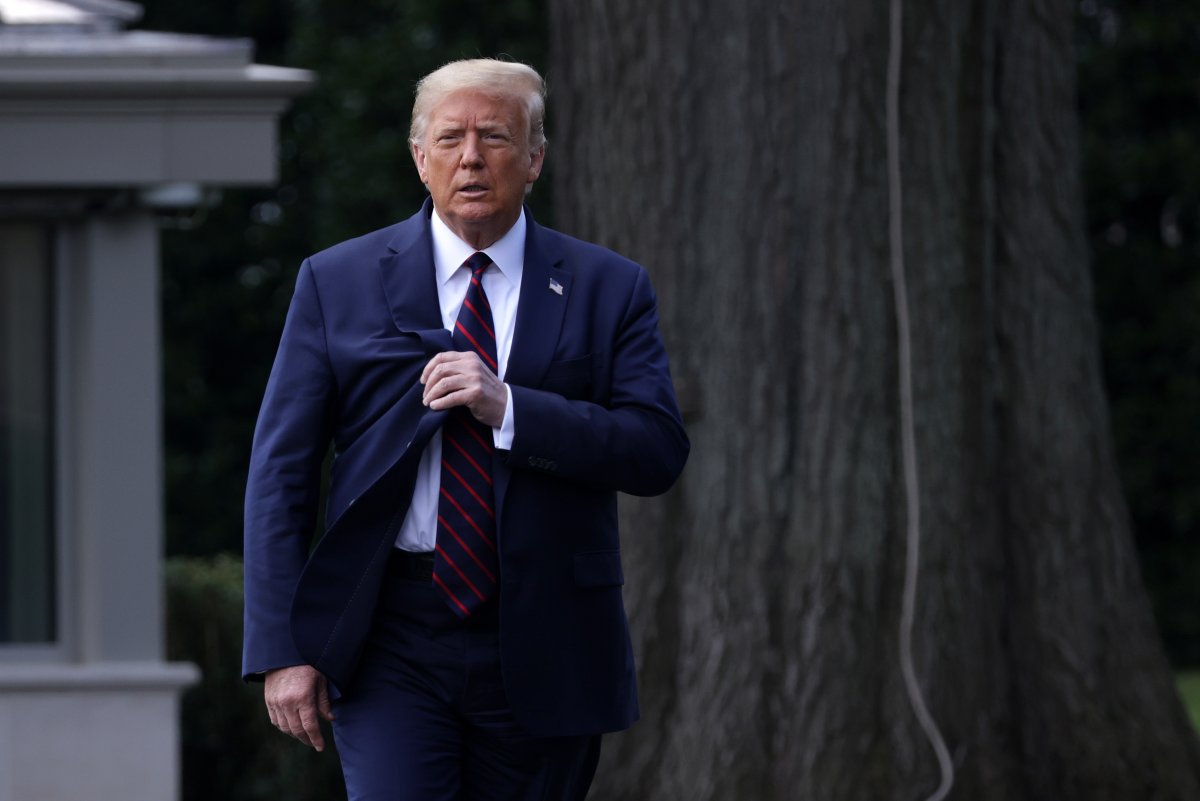The news about a potential COVID-19 vaccine raises hope and buoys markets when it arrives. In order to speed up the time from research to market, the Trump administration quickly launched Operation Warp Speed, led by the Department of Health and Human Services and the Department of Defense. It aims to deliver 300 million doses of a safe and effective vaccine for COVID-19 by January 2021, preceded by a report by the president's Council of Economic Advisers (CEA) in September 2019 demonstrating the value of rapid vaccine production during a pandemic. The $10 billion investment has put money into speeding up vaccine candidates from, among others, Johnson & Johnson, Pfizer, Moderna and AstraZeneca—developed in conjunction with the University of Oxford.
The total loss inflicted by a disease is made up of the costs of preventing it, as well as the health losses inflicted by patients diagnosed with it. Typically, the larger the health harm caused by a disease, the larger the costs undertaken to prevent it. For example, the cost imposed by polio is largely through the cost of vaccinations, not the disease itself. Likewise, for COVID-19, the largest share of the overall cost has been prevention, in terms of foregone economic activity through mitigation, rather than losses in lives if measured by standard government metrics valuing health in dollars. We estimate that as of July 22, about 87 percent of the U.S. loss can be attributable to reduced economic activity, and 13 percent to the 143,190 lost lives. Operation Warp Speed's main benefit will therefore be restored economic activity, more so than saved lives—particularly for the poorest part of the population, which has paid the brunt of the cost of the regressive policies reducing economic activity.

The return to the economic investment is uncertain, but rises with the speed at which a vaccine gets marketed. If we had a vaccine in early 2020, then there would have been hardly any health losses and hardly any losses due to reduced economic activity mitigating the disease. CEA and our estimates put this total damage of the disease to be about $4 to 5 trillion. At the other extreme, if a vaccine only arrives several years from now, there would be little to no value if the virus had disappeared through herd immunity or mitigation.
As long as the virus continues to spread, both health and economic activity will be less than normal, which we estimate is now costing the U.S. $15 billion per day. At this cost pace, accelerating the arrival of a vaccine by just one day would more than offset the $10 billion invested in Operation Warp Speed. In the pessimistic scenario that, absent a vaccine, daily deaths are less than they are now but the virus is still killing a couple of hundred Americans per day, we find that speeding up a vaccine's arrival by six months from June 2021 to January 2021 is worth around $1.8 trillion—therefore yielding a return of almost 20,000 percent.
The president's investments may prove to be the best deal of all time.
Tomas J. Philipson and Casey B. Mulligan served at the CEA, Philipson as a member and its acting chairman from 2017 to 2020 and Mulligan as its chief economist from 2018 to 2019.
The views expressed in this article are the writers' own.
Uncommon Knowledge
Newsweek is committed to challenging conventional wisdom and finding connections in the search for common ground.
Newsweek is committed to challenging conventional wisdom and finding connections in the search for common ground.
About the writer
To read how Newsweek uses AI as a newsroom tool, Click here.








